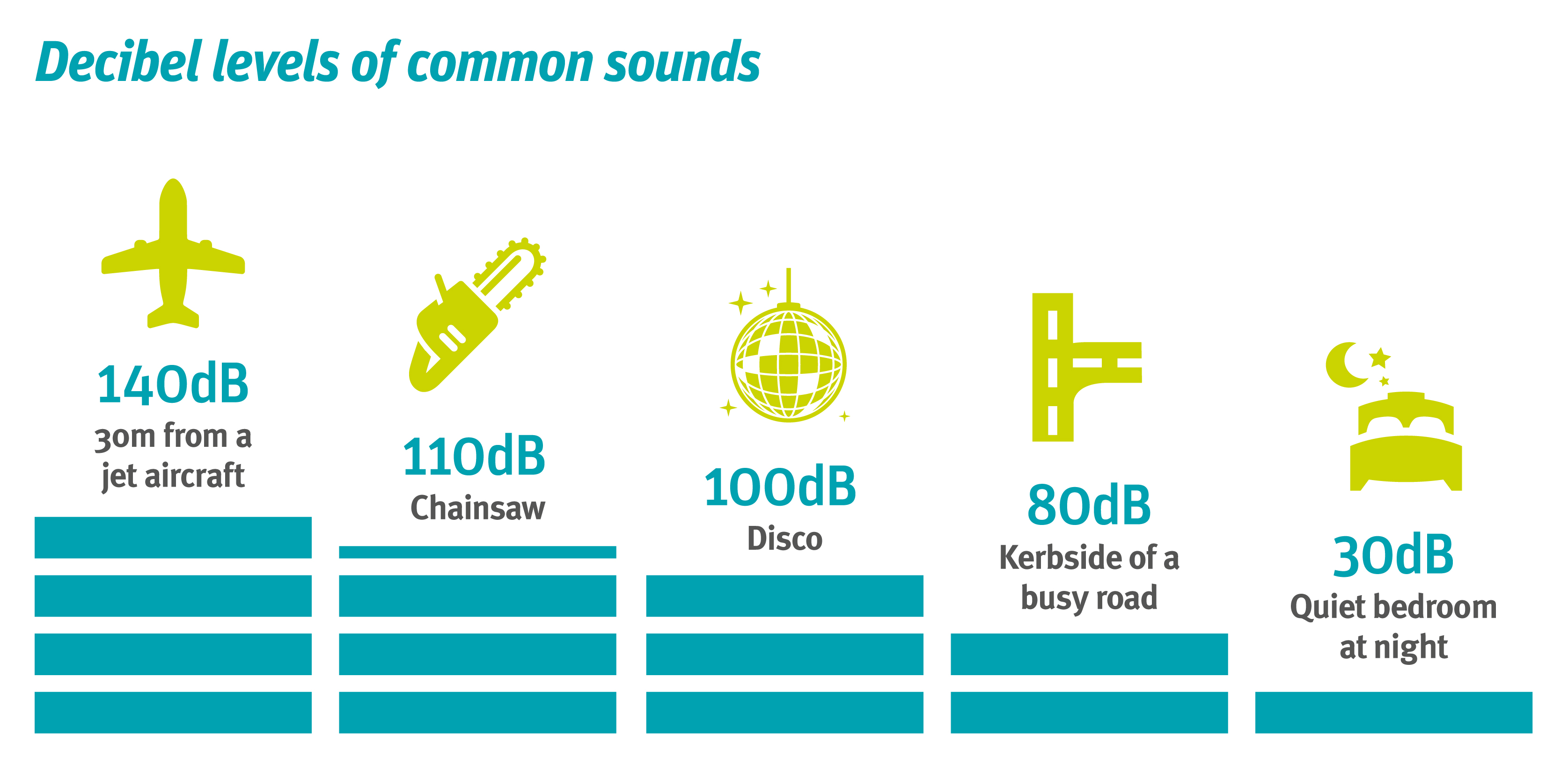
Noise management
Short-term effects such as ringing in the ears may go away after leaving the noisy area. However, repeated exposure to noise hazards can lead to permanent tinnitus or hearing loss.
In addition to hearing damage, noise hazards within the workplace can:
- Create physical and psychological stress
- Reduce productivity
- Interfere with communication and concentration
- Contribute to workplace accidents and injuries by making it difficult to hear warning signals or instruction
Reducing noise levels at the source provides the most effective way of protecting workers' hearing, as well as providing numerous other benefits.
Do I have a noisy workplace?
A person conducting a business or undertaking a (PCBU) must ensure that the noise a worker is exposed to at the workplace, does not exceed the exposure standard for noise as set out in the Work Health and Safety (General) Regulations 2022.
- A daily noise exposure level of 85 dB(A) over an 8 hour period
- A peak noise level of 140 dB(C)
From the 31 March 2024, the Work Health and Safety (General) Regulations 2022 will also require for PCBU's to provide audiometric testing to their workers who are frequently exposed to excessive noise. Audiometric testing must be provided within the first 3 months of a worker commencing and at least every 2 years.

How can LGIS assist?
LGIS have approved noise officers who specialise in conducting noise and exposure assessments in all workplace environments to ascertain if workers are exposed to noisy workplace, plant or equipment.
Members will receive a tailored report outlining the findings and recommendations.
In addition, at the request of the member, LGIS can assist in the development of supporting plans, policies and procedures.
If you would like further information, view the
noise management flyer (pdf) or contact the risk & governance team on (08) 9483 8888.